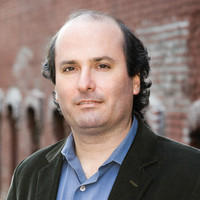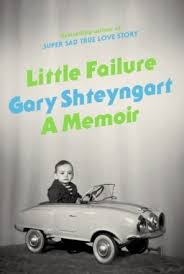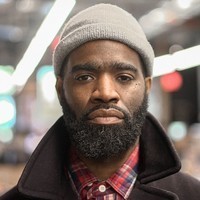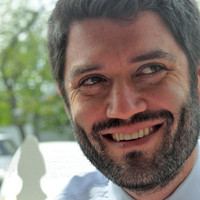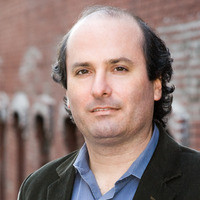Kenneth R. Rosen has written for The New York Times, Wired, The New Yorker, and many other publications. His new book is Troubled: The Failed Promise of America's Behavioral Treatment Programs.
“When I report, I keep two journals. … I keep my reporting notebook, which is sort of an almanac of dates, times, names, quotes, phone numbers. And then I have my personal notebook, which has all my fears and anxieties. And it invariably makes its way into the reporting … which is sort of an amalgamation of those two journals, of those two experiences, the internal and the external.”
Thanks to Mailchimp for sponsoring this week's episode.


